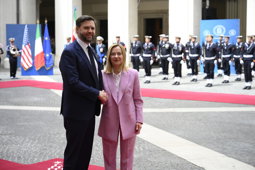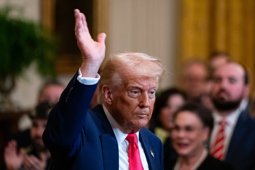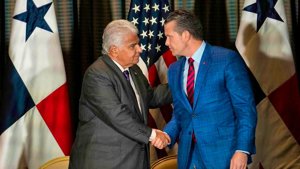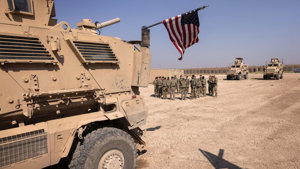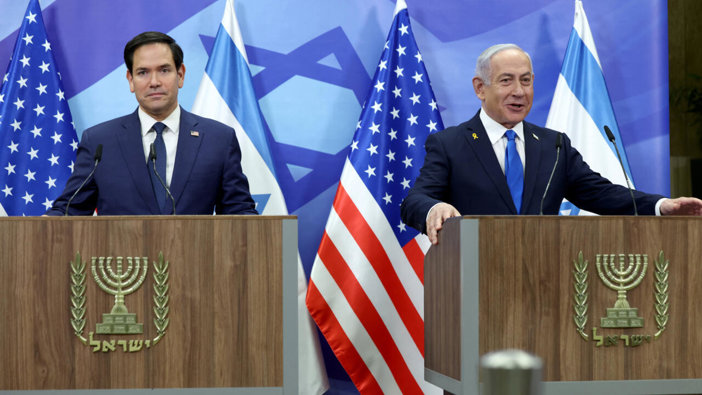
U.S.–Israel Divide on Iran Strategy
Tensions are rising within President Donald Trump’s administration and among allies as nuclear negotiations with Iran approach a critical stage. A report published Wednesday by Walla indicates a growing divide on how to confront Iran’s nuclear ambitions. Israeli Prime Minister Benjamin Netanyahu, Israel’s Strategic Affairs Minister Ron Dermer, U.S. Secretary of State Marco Rubio, and National Security Adviser Mike Walz are reportedly pushing for a more aggressive strategy. They argue that Iran’s current weakness presents an opportunity for military action, not diplomacy.
According to sources, while a recent conversation between President Trump and Netanyahu was described by Israeli officials as cordial, U.S. officials characterized it as difficult. The divergence comes just as direct talks between the U.S. and Iran are set to resume on April 19 in Rome.
The second round of nuclear discussions is expected to focus on halting Iran’s uranium enrichment and dismantling its weapons development efforts. However, Iran has insisted that its right to enrich uranium remains non-negotiable, raising doubts about the potential for meaningful progress.
In parallel diplomacy, Secretary of State Marco Rubio met with Indonesian Foreign Minister Sugiono on Tuesday. According to a State Department readout, Rubio emphasized the importance of continued pressure on Iran, citing the regime’s funding of terrorism, ballistic missile development, and destabilizing regional activities. The two leaders reaffirmed their shared commitment to a free and open Indo-Pacific and explored avenues for enhanced defense cooperation and trade. Rubio also acknowledged Indonesia’s economic reforms and thanked Sugiono for cooperation on the return of deported nationals from the U.S.
Meanwhile, Israeli opposition leader Benny Gantz added to the international pressure on Iran, stating in a post on X, “The Iranian regime are experts at stalling.” He called for decisive action, declaring that “The State of Israel must, and can, remove the prospect of Iranian nuclear capabilities,” and urging that “it is time to change the Middle East.”
These comments came after a New York Times report revealed that Israel had considered striking Iran as early as May. However, the plan was scrapped due to the U.S.’s preference for diplomatic talks. According to sources, the intended Israeli operation aimed to delay Iran’s nuclear progress by a year or more and would have required significant U.S. involvement to ensure military success and defend Israel from retaliation.
As the April 19 Rome talks approach, the divide between advocates of diplomacy and those pushing for immediate military pressure reflects broader uncertainty in the U.S.-led international approach to Iran’s nuclear ambitions under President Trump’s second term.

